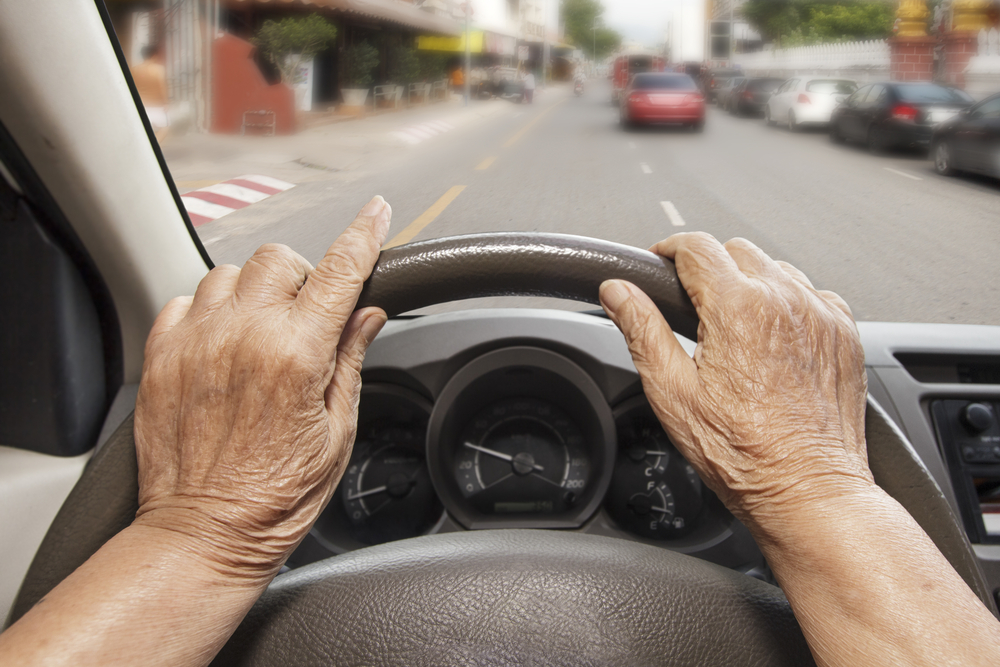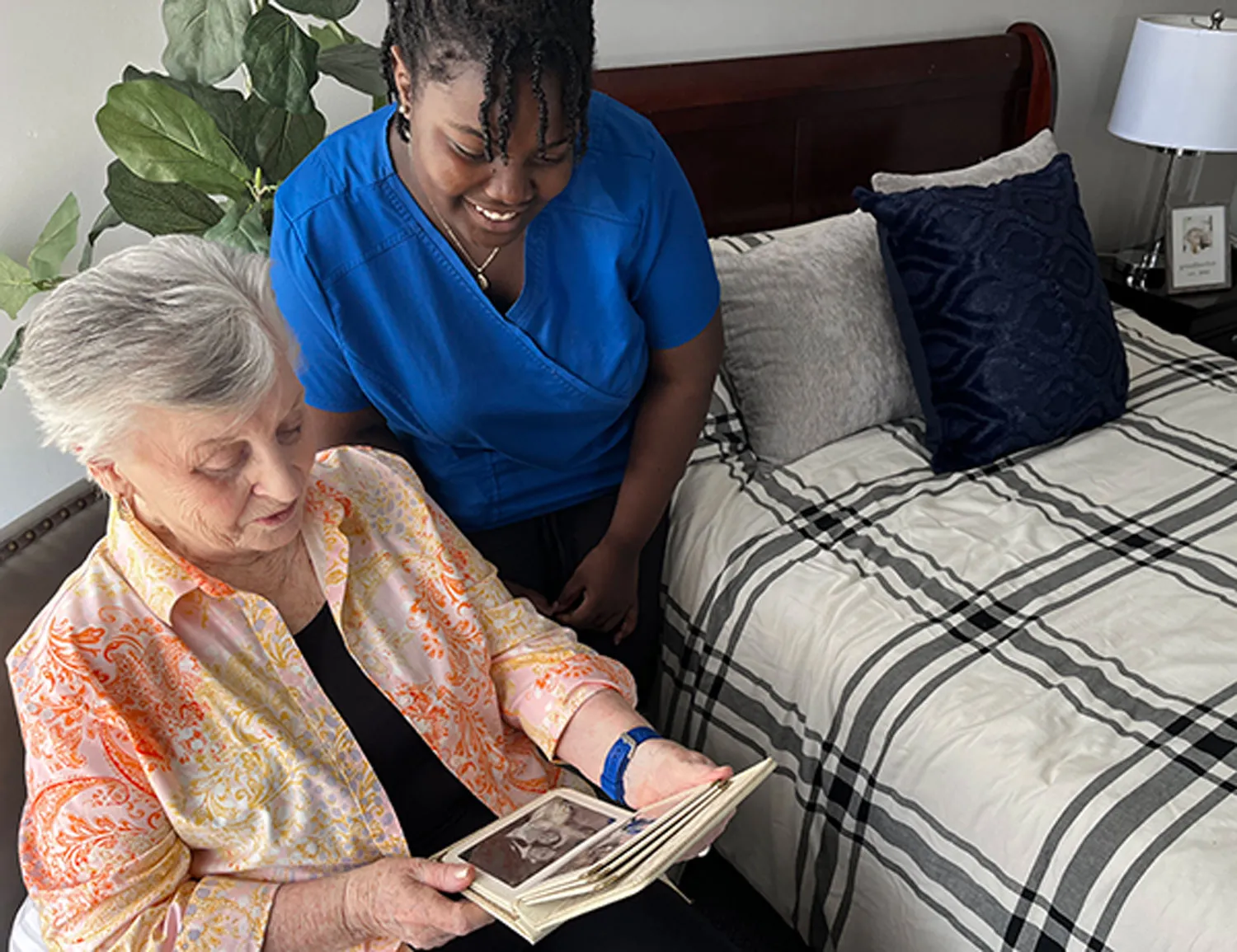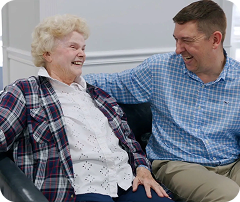(631) 778-7747
Signs It’s Time for Seniors to Stop Driving

Signs It’s Time for Seniors to Stop Driving
May 3, 2018
One of the most difficult times of life is giving up independence and having to stop driving. A person must make the choice themselves or a family member must make the choice for them because of the “red flags” they are witnessing. Some signs indicating that it’s time for your loved one to stop driving are:
Decline in Driving Skills
Seeing more than the usual marks, dents or scrapes on their car may be a sign that they are running into objects such as mailboxes or running into curbs, side of the garage, the garage door or backing into things. They may be having more near-accidents, which could lead to a serious accident causing injury or death to either themselves, other drivers and passengers or all.
Aging Impacts Driving
Seniors may be experiencing the following changes in their health:
1. Losing their eyesight, which makes stop signs, other road signs and light signals more difficult to see, as well as lines and markings on the roadways.
2. Reflexes are slower so may not be able to react in time to avoid something unexpected.
3. Hearing may be diminishing; therefore, may not be able to hear a horn honking, emergency vehicle sirens or other important sounds.
4. Reflexes aren’t as reactive, so may not stop as quickly if they need to.
5. Decreased mobility is affecting the ability to turn their head left or right as easily, look in their rear-view mirror or use turn signals as they should.
Impairing Cognitive Functions
A senior may be driving and forget where they are or not know their way home. They may be forgetting which pedal is the accelerator and which is the brake, stepping on the wrong one. You may notice their concentration is lacking and they aren’t paying attention as they should.
If your loved one is having any of these signs and isn’t giving up driving on their own, you may need to have a polite discussion explaining how important they are to you and that it may be time stop driving for safety reasons.
Recent News
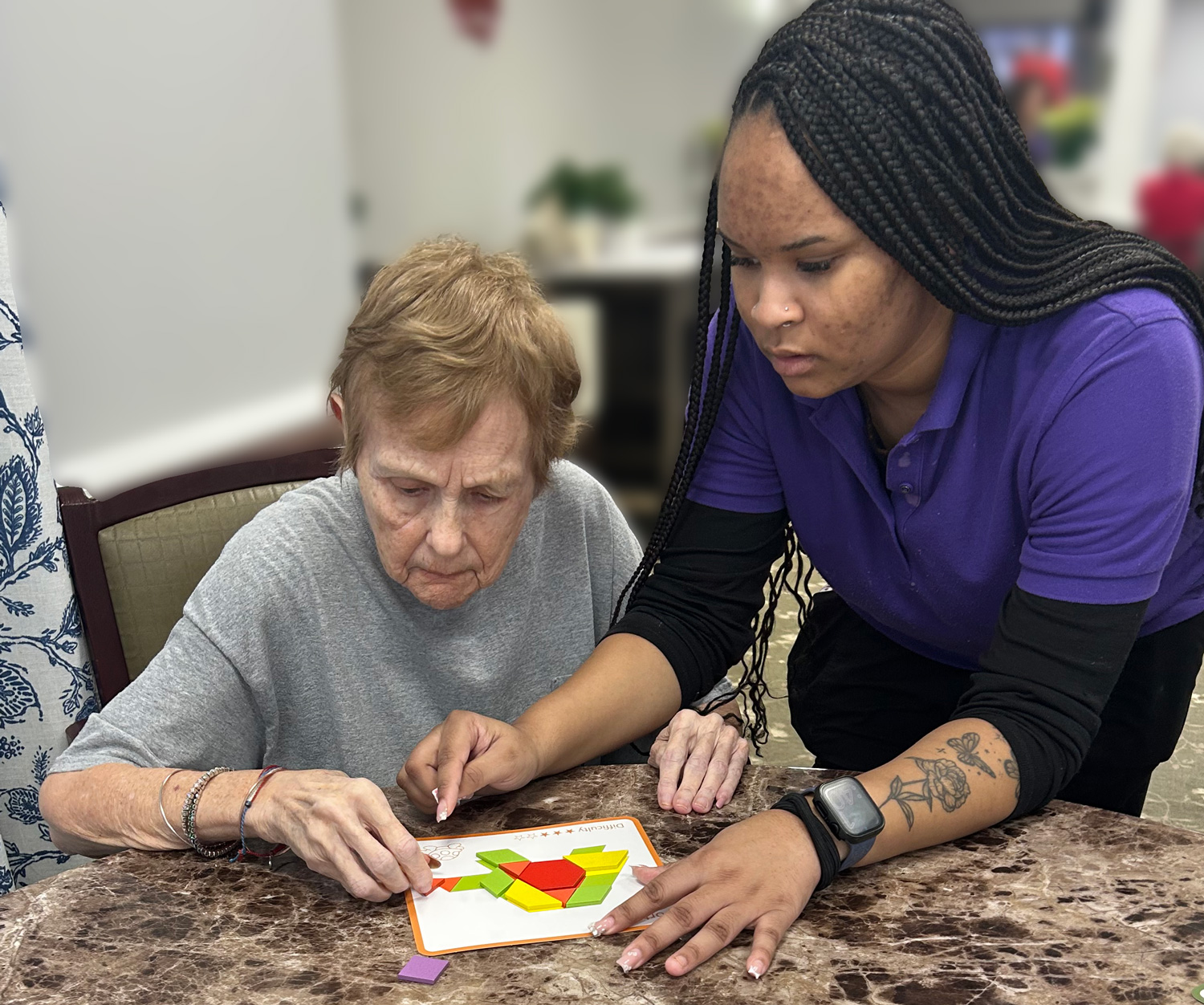
The Power of Touch
February 9, 2026

Winter Readiness for Caregivers: Do You Have a Plan?
January 6, 2026

Important Topics to Discuss With Local Assisted Living Centers
November 10, 2025

When It’s Time: Helping Your Parents Accept the Need for Assisted Living
October 15, 2025

How to Encourage an Aging Parent to Shower When They Refuse
July 2, 2025
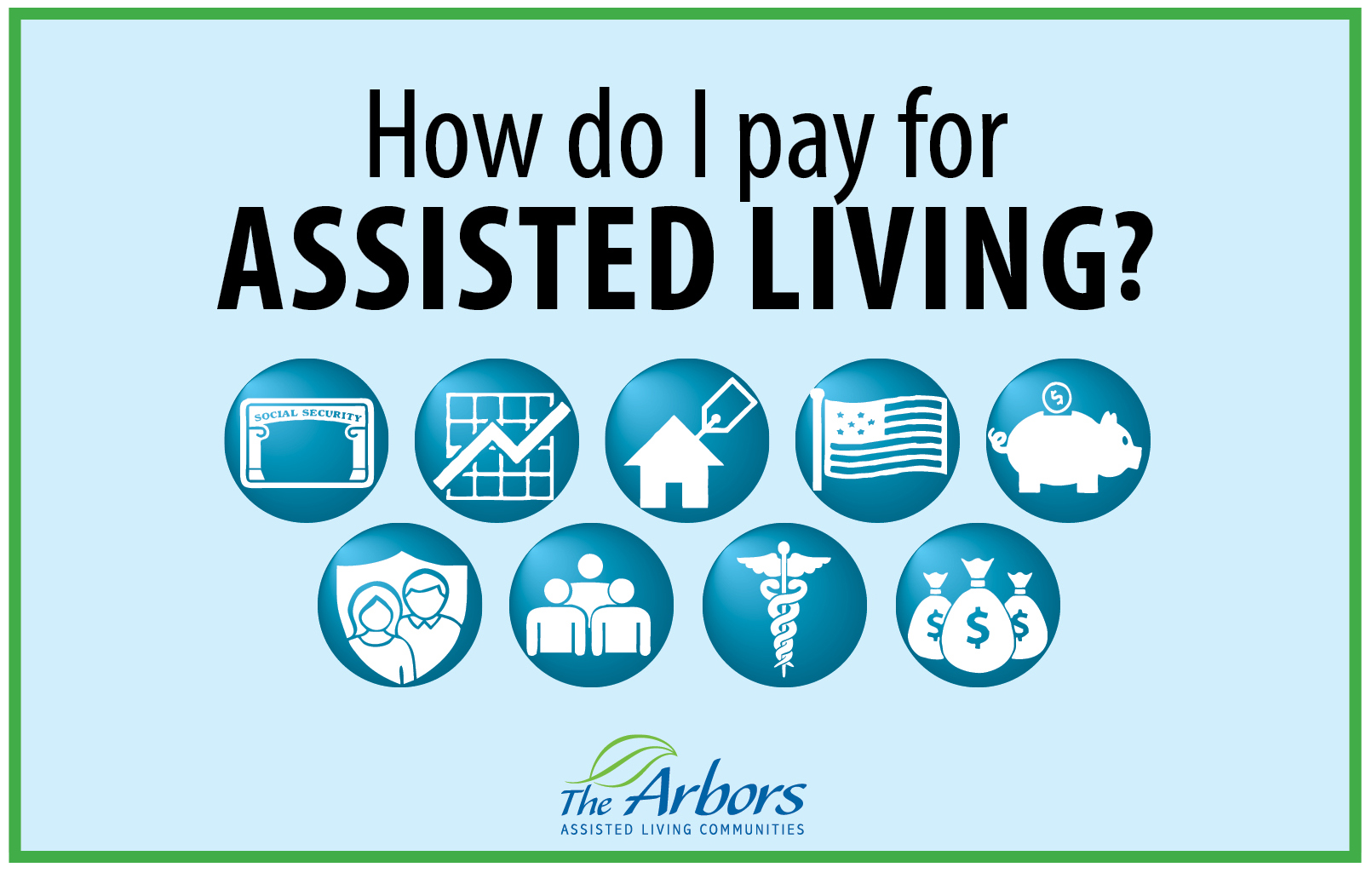
How Do I Pay for Assisted Living
June 6, 2025

3 Signs You Should Consider Assisted Living
May 15, 2025
GET IN TOUCH
Let’s Talk About Making The Arbors Your Home
REQUEST A VISIT
Schedule a Tour of our Long Island Assisted Living Communities


